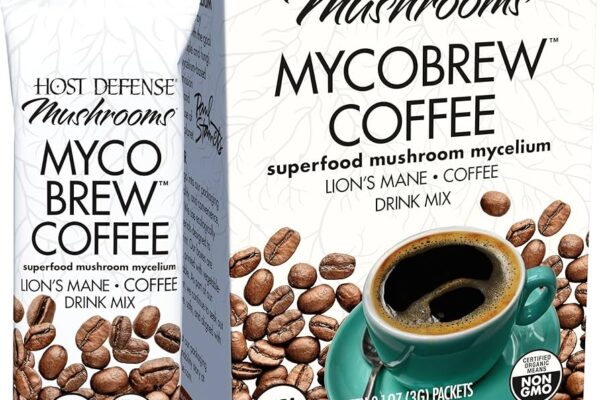Blog
Is Mushroom Tea a Waste of Time?
Mushrooms have long been used in traditional Chinese medicine to treat an array of conditions, from lowering cholesterol to relieving insomnia. More recently, research has linked mushrooms with improved cognitive function and fighting depression. Mushroom tea offers a simple way to reap these health benefits without cooking up an entire meal; all it requires are your chosen variety of mushrooms and some boiling water!
As much as mushroom tea may be popular these days, it’s important to keep in mind that not all mushroom drinks are created equally. Some contain higher doses of the healing compound than others and many include additional superfood ingredients like turmeric and black pepper to add extra flavor and potency. For optimal results, select high-quality clinically studied extracts; don’t be afraid to experiment with various blends and flavors until finding what suits you best!
Mushroom tea’s secret lies in regular consumption over time. Mushrooms are known as adaptogens, helping us deal with stress and anxiety by supporting our body’s natural ability to balance hormones – something especially crucial in today’s fast-paced environment. Mushroom tea can provide invaluable support for your physical and mental wellbeing.
mushroom tea provides us with an innovative method of intaking functional fungi directly into our digestive systems, bypassing side effects like bloating, gas, and cramps associated with tablets or capsules. Plus, precise dosing is achieved as the amount of mushrooms consumed can be controlled based on how much water is added to the mix.
Mushroom teas are traditionally prepared by grinding up dried herbs and mushrooms into powder form for better bioavailability, using ingredients such as green and black tea bags, hibiscus flowers, cinnamon, ginger, lemon peel or turmeric as ingredients. Honey or Stevia leaves can also be added for flavor enhancement or blended together with Chai to make an especially comforting beverage perfect for cold days.
One of the most beloved mushrooms to use as tea is Chaga, an impressive immune-enhancing fungus used for centuries in traditional medicine to protect against inflammation, reduce cancer risks, chronic fatigue and headaches. This beverage is also full of antioxidants, which can promote healthy cells while protecting them against free radical damage, helping slow down aging processes and protect against neurodegenerative disorders. Tea waste is an abundant source of B vitamins, such as niacin, vitamin D and vitamin K. Studies have revealed that using tea waste in cultivation increases yield and nutritional value of oyster mushrooms (Pleurotus tuberculosus). One recent study indicated substrates incorporating between 40% to 60% tea waste produced the highest yields; researchers concluded this is an effective and economical means for growing oyster mushrooms.



